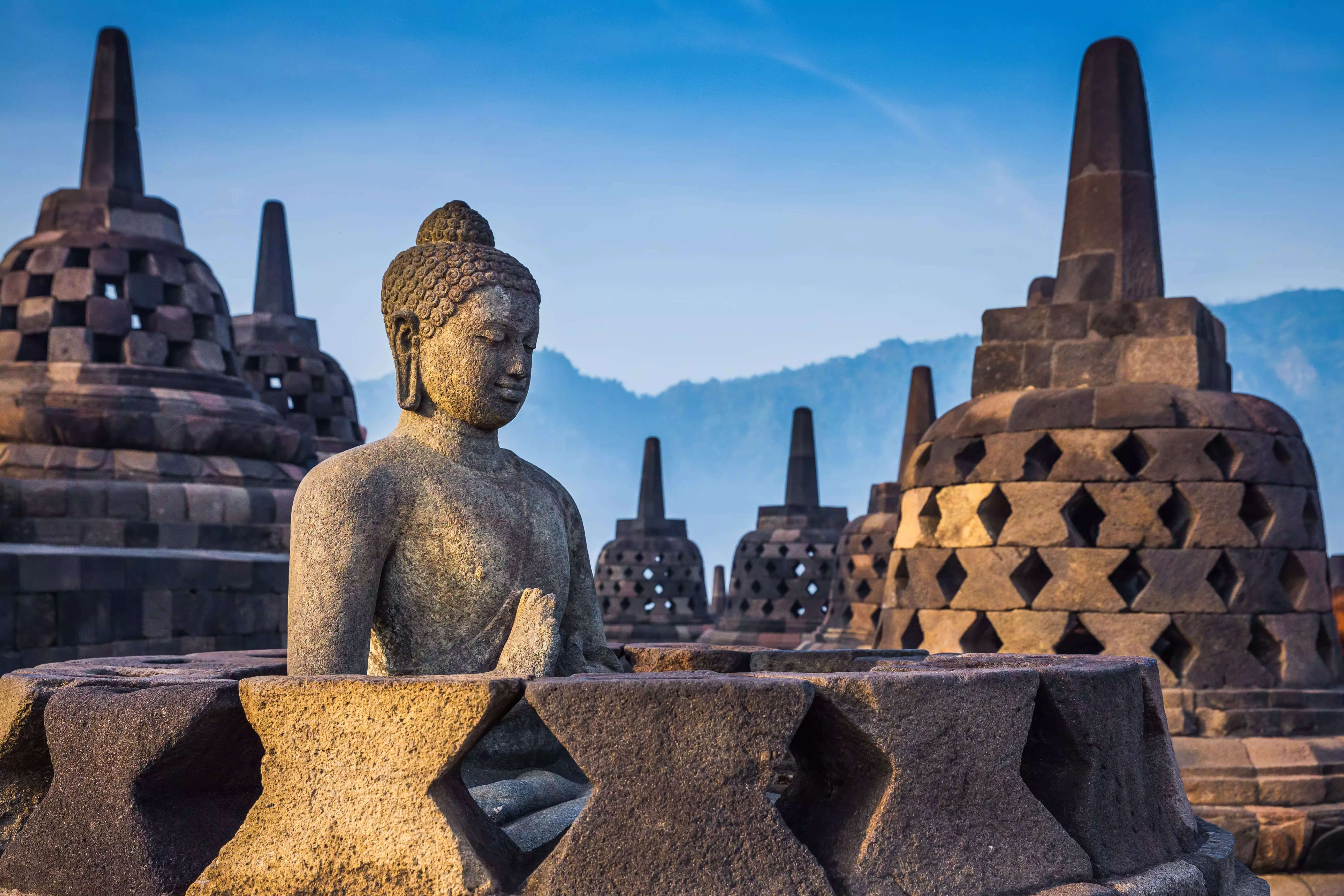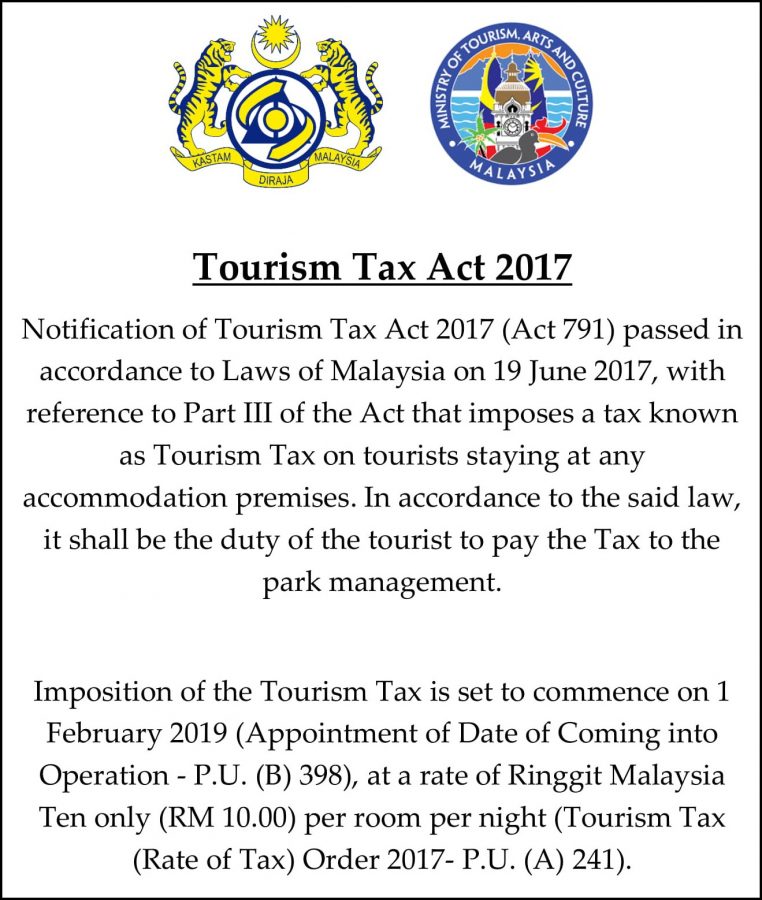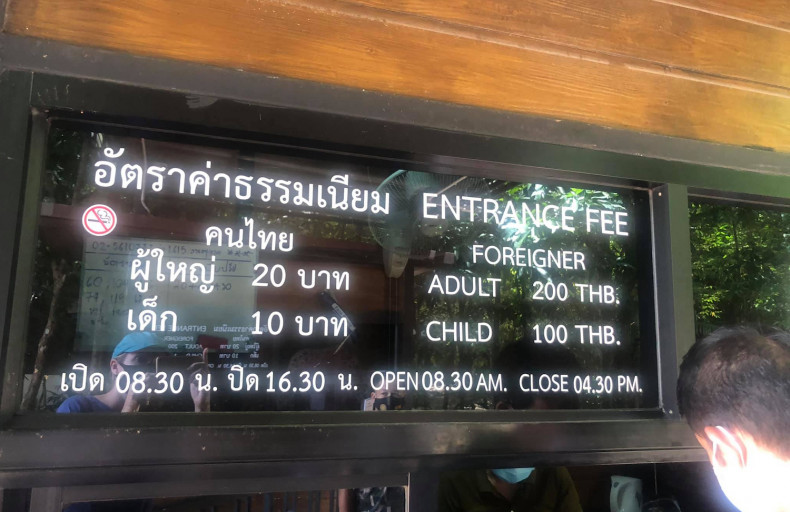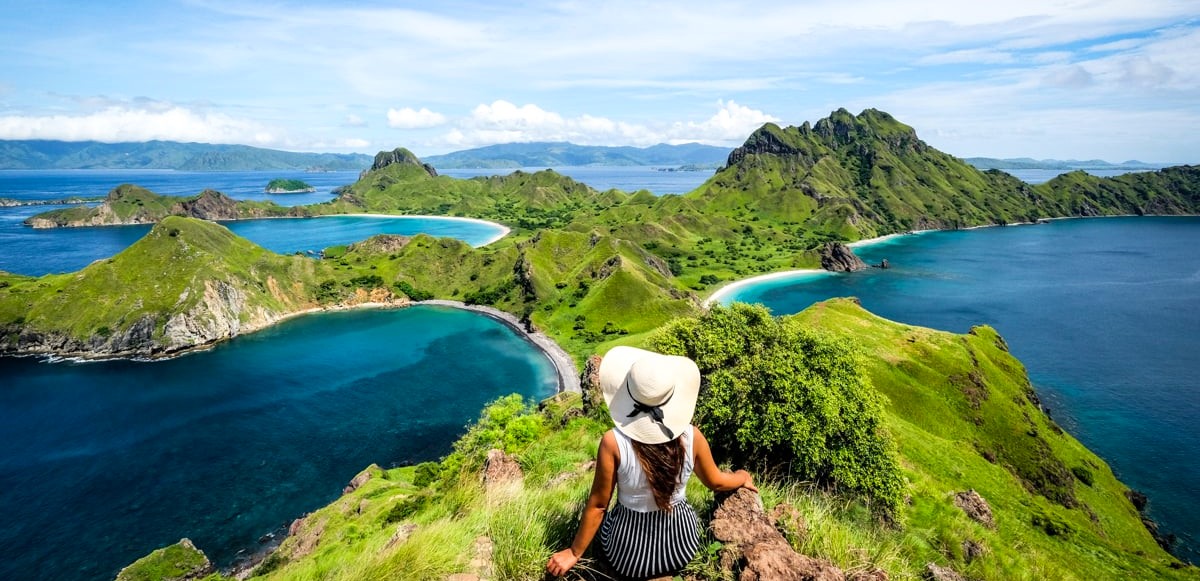Should Malaysia take a page from the books of its neighbours and make some similar changes to improve its tourism appeal?
After offering visa-free travel to an incredible 169 countries for several years, Indonesia recently axed that appealing initiative, leaving visa-free entry to only the 10 ASEAN countries it counts as neighbours. It was a crushing blow for many who counted Indonesia as a favoured destination. But fortunately, the revocation didn’t last long – at least not in its full incarnation.

Indonesia, clearly realising the appeal visa-free entry has to prospective visitors, considered in late 2023 to begin re-granting that coveted visa-free entry to nationals of 20 countries, including the United States, China, Australia, India, South Korea, Germany, the United Kingdom, and France. This was being done expressly to boost its tourism numbers and economy, Indonesia’s tourism minister said back in mid-December. At that time, officials said the list of countries would be finalised within about a month.
According to a report from Jakarta Globe, of the total of 20 countries being considered, a total of 18 have been earmarked: Australia, India, China, South Korea, the United Kingdom, the United States, France, Qatar, Germany, the United Arab Emirates, the Netherlands, Saudi Arabia, Japan, Taiwan, Russia, New Zealand, Italy, and Spain.
The report further noted that the remaining two slots would be given to countries in the Middle East.

Underscoring what certainly seems to be a good understand of tourism policymaking, Indonesian officials have also just walked back a looming tax on entertainment venues, including some spas and wellness centres, that would have ranged from 40% to 75%. The eye-popping legislation was introduced in January and the outcry – which should have been predictable – was so immediate and overwhelming, Indonesia’s president announced the measure would be scrapped.
Speaking at the announcement of the cancellation, Indonesia’s Minister for Tourism and Creative Economies, Sandiaga Uno, said, “That’s the end of the story. So, thank God, thanks to input from all stakeholders, the President has given directions, and there will be no increase in entertainment tax.”

MEANWHILE IN THAILAND
Like Indonesia, Malaysia’s northern neighbour has also seen the value of making tourism more attractive and accessible. Thailand, in the last couple of years, has introduced measures to levy a tourism tax or an entry tax on visitors. On multiple occasions now, however, the actual enactment of that taxation has been delayed, and now the postponement has been branded ‘indefinite.’ It’s almost as if they realised that taxing people who choose to come to their country and spend their money might not be such a great way to welcome them! Imagine that.
Then, in a further bid to boost tourism, Thailand in January approved a move to dramatically slash taxes on alcohol and entertainment.

Lawan Saengsanit, permanent secretary of the Ministry of Finance, announced on January 2, 2024 that excise taxes on wine will be reduced from 10% to 5% and on spirits from 10% to zero.
Import tariffs on wines, currently assessed at 54% and 60% of declared value, will also be exempted for one year.
Additionally, the excise tax on entertainment venues will be halved, dropping from 10% to 5%. These tax adjustments will be in place at least until the end of this year, according to a filing from Thailand’s Ministry of Finance.

CAN MALAYSIA TAKE A CUE?
Malaysia has long been a leader in the region when it comes to offering visa-free access to nationals from many countries, so we applaud that. However, the 2017 implementation of a blatant tourist tax, levied on anyone availing themselves of lodging in Malaysia to the tune of RM10 per room per night was not welcomed by anyone, least of all industry players. We’d love to see this modified or scrapped.

We’d also like to see the rampant two-tier pricing system addressed, in which tourists pay a higher price (often notably higher) for attractions than visitors who happen to hold a Malaysian MyKad. (Some have even called for two-tier rates for hotels, so that foreigners pay more!)
Pricing for tourist attractions and popular sights can be contentious, and proponents of the two-tier approach often fall back on the rather nonsensical “Well, they can afford it” argument as justification for charging foreign tourists more. But realistically, ‘tourist’ doesn’t necessarily mean ‘wealthy,’ and ‘Malaysian’ certainly doesn’t always mean ‘poor.’ There are tourists of limited means (students, backpackers, budget travellers), and of course there are loads of wealthy Malaysians.
Two-tier pricing is unsurprisingly a major turn-off to tourists, and Malaysia is definitely not alone in allowing the practice to proliferate. We’ve long felt that tourist attractions should be priced the same for everyone, regardless of citizenship. Telling tourists they have to pay considerably more than locals for the same thing is certainly not a welcoming move, nor one that communicates an appreciation for their visit.

The country’s new digital arrival card procedures have been decried as complicated, poorly communicated, and not very welcoming. Of course, these days, countries are striving to find the right balance between ‘tourism and commerce’ and ‘safety and security,’ which we can appreciate. This will likely continue to be a work in progress.
One phenomenon in which the government could perhaps take a more steady hand is the recent proliferation of comments by leaders in various communities that invariably make regional and global headlines and cast Malaysia in a very poor light, framing the country as intolerant and unwelcoming.
The latest entry in this ongoing saga is PAS leaders’ recent calls for the upcoming Ed Sheeran concert – which takes place in less than three weeks – to be cancelled. Why? Apparently, the British singer-songwriter, who is one of the world’s top-selling music artists, once urged the passage of legislation in the United States that would prohibit discrimination against LQBT people. Sheeran is straight and married, but apparently even voicing support for equal rights is a bridge too far.

The story, which should have been immediately trounced by the ruling government of ‘tolerant, welcoming, multicultural Malaysia,’ instead made it to multiple international news outlets.
One wonders why such calls for bans or cancellations couldn’t be made at the time these artists apply for concert permits (long before the event), not days or weeks before the concert itself, or why the complaints cannot be communicated internally, rather than broadcast to the media.
The answer, of course, is that it’s obviously a political move designed to both appeal to PAS’s conservative base of voters and to level criticism at the ruling government. However, this has happened repeatedly in recent months, with everything from Swatch watches to Coldplay to Billie Eilish… and it always makes news outside of Malaysia and paints the country in a negative light – often unnecessarily so, because Malaysians are predominantly a diverse, friendly, and welcoming people.
Tourism is a highly competitive field, and it’s an industry of incredible importance to a lot of countries, Malaysia included. (Tourism receipts account for nearly 15% of Malaysia’s GDP, not including the spillover effect to other industries.) The Tourism Ministry here has emphasised its record-breaking tourist arrivals goals for 2024, and with ‘Visit Malaysia Year’ on tap for 2026, making good policy decisions with regard to tourism is more important than ever. Authorities can’t just announce these big goals, say they’re working to make Malaysia the ‘destination of choice,’ and then not take real steps to see them through to fruition.
People clearly have a whole world of choices when it comes to where they will visit and where they will spend their money. Enacting favourable tax policies, creating more welcoming initiatives, ensuring ease of access, and curtailing reports that cast Malaysia as an intolerant country are all things that can and should be done to get the country closer to hitting those ambitious tourism goals for 2024 and beyond.
"ExpatGo welcomes and encourages comments, input, and divergent opinions. However, we kindly request that you use suitable language in your comments, and refrain from any sort of personal attack, hate speech, or disparaging rhetoric. Comments not in line with this are subject to removal from the site. "





















